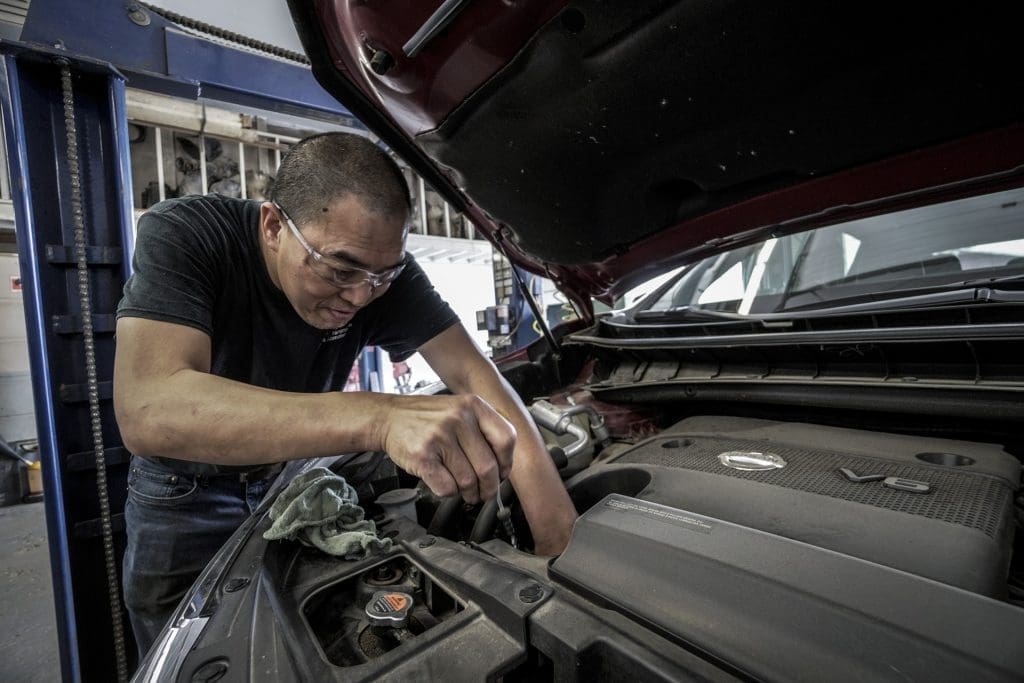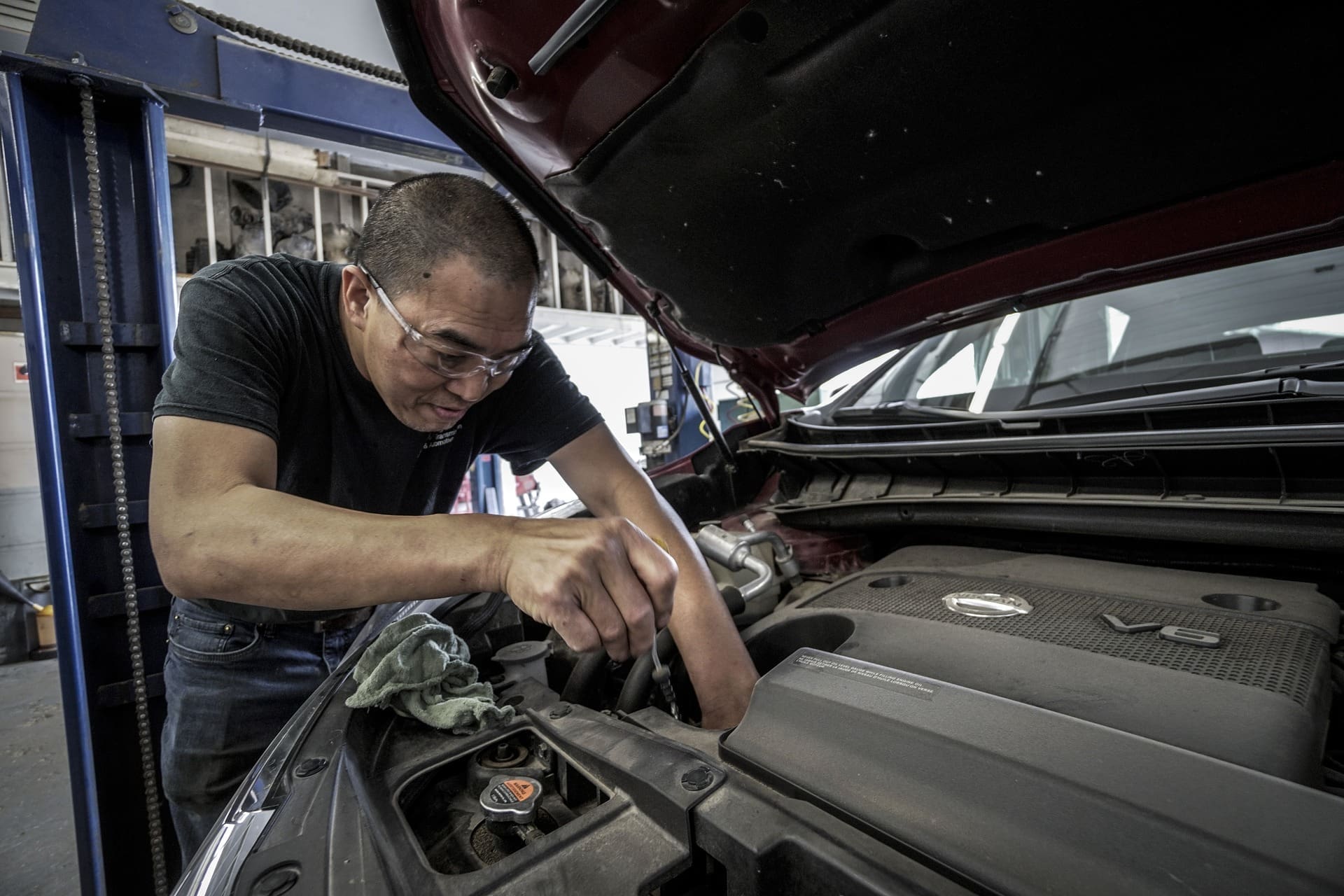It is better to prevent than to cure, goes the famous saying. While many know it already, it is way too easy to fall into the illusion of “All is good” if I can still drive it. But the truth is, there are many subtle signs that can go unnoticed, especially if you are not a tech-savvy person and you need professionals like borstautomotive.com. To reduce the amount of money you spend repairing your car lets find out the car maintenance tips to help save you money.
Tending to your car is, therefore, an intentional, constant process of maintenance. If done properly, it can save you from a lot of trouble and a lot of unwanted, unexpected pricey repairs. So to avoid that, you should start committing to taking care of your car regularly. As restrictive as that might sound, you will see, it is not that bad. Here are the five car maintenance tips you can start implementing that can save you a lot of money:

1. Check and Change the Car’s Fluids
It goes without saying that this might be the most basic maintenance procedure for your car. Everyone can do it, and it is of great importance to the well-being of the vehicle. Not to mention some of the priciest damages your car can suffer usually happen because of a faulty maintenance of the fluids system.
Change the oil every 5,000 miles or every six months. It doesn’t cost more than $20, and it can help you prevent serious engine damage. Another important fluid is the engine coolant that needs to be checked every half a year and replaced as necessary. The brake fluid also requires being flushed every other year to prevent severe damage to the anti-lock system.
2. Check Your Tire Pressure and Your Spare Tire
This one is a basic prevention tip you need, to keep in the back of your mind. Your tires need to be checked for pressure once every month to make sure you make the most out of them. They should stay within the mentioned manufacturer’s optimal pressure.
Also, having an inflated, healthy spare tire is crucial: you do not want to wake up in the middle of nowhere, with a flat tire and without any spare tire to use. Not that it will hurt your car directly, but you will feel it straight in your wallet from the tire repair in Langley.
3. Check Your Car’s Timing Belt


This piece of equipment might not sound that important, but it is an essential part of your car. This is in fact the opening and the closing of many of the engine’s valves, which assures the circulation of both air and gas. This process represents the basis for the fuel ignition in the combustion chamber. No ignition, no driving. Not only that the timing belt is crucial in making your car work, but it also is an expensive repair if anything gets broken. Take care of it by replacing it every 60,000 to 100,000 miles. Don’t get discouraged by the pricey-ness of the belt – the repairing tops it without any doubt.
4. Monitor Your Water Pump
The water circulation system plays a huge role in maintaining the health of the engine. It protects it from overheating, and it keeps it running smoothly. Again, engine damages are among the most expensive, so try to avoid them as much as possible.
If the water pump does not require frequent changing (with a coverage of approximately 90-120,000 miles), it still needs to be constantly monitored. Look for signs such as sudden changes in the temperature gauge or overheating – they always point at a problem.
5. Replace the Brake Pads
The brakes might just as well be more important even than the engine itself – or if not, close enough. You need to make sure your brake system works properly at all times, not only because it might be pricey to repair, but also because it is a basic safety feature. If at any time, you can hear weird, squeaking sounds when you hit the brakes, it most probably means they are screaming to be replaced. As soon as possible, that is. Get yourself a new set of brakes and get them installed by a professional.
Once you start implementing this regular maintenance routine, you will see that it’s well worth the trouble. Nothing pays off better than a healthy car and a fat bank account.




